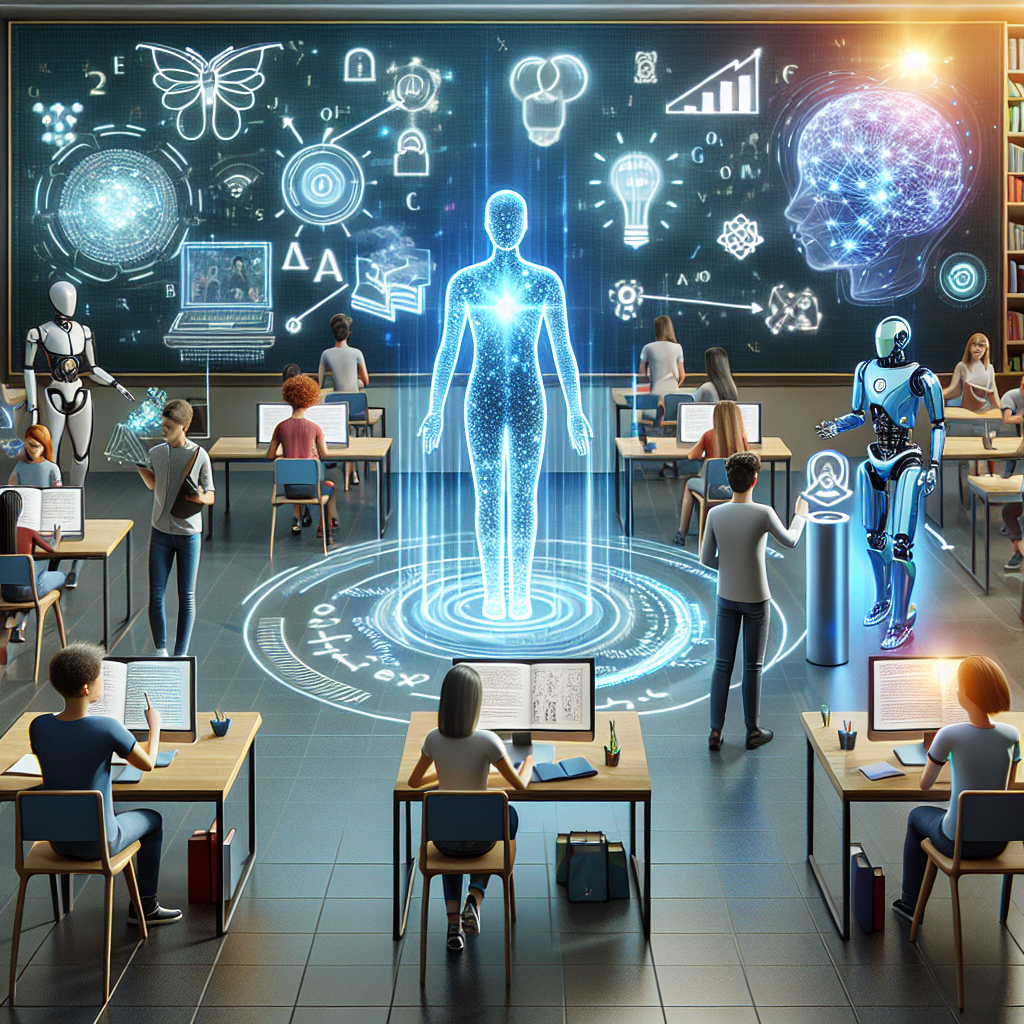Artificial Intelligence (AI) is revolutionizing various industries, and education is no exception. With the rapid advancements in technology, AI has the potential to enhance learning experiences for students and educators alike. From personalized learning to improved administrative tasks, AI is reshaping the way we approach education.
One of the key roles of AI in education is personalization. AI algorithms can analyze data on individual students, such as their learning preferences, strengths, and weaknesses, to create personalized learning experiences. This allows educators to tailor their teaching methods to meet the unique needs of each student, ultimately improving their academic performance and engagement.
Furthermore, AI can provide real-time feedback to students, allowing them to track their progress and make necessary adjustments to their learning strategies. This immediate feedback can help students stay motivated and focused on their learning goals, leading to better academic outcomes.
In addition to personalized learning, AI can also assist educators in administrative tasks, such as grading assignments, creating lesson plans, and managing classroom resources. By automating these tasks, educators can save time and focus on more meaningful interactions with their students.
Moreover, AI-powered tools, such as chatbots and virtual assistants, can provide students with instant support and guidance outside of the classroom. These tools can answer students’ questions, provide study materials, and offer learning resources, making education more accessible and convenient.
However, it is important to note that while AI can enhance learning experiences, it is not meant to replace human teachers. Educators play a crucial role in fostering critical thinking skills, creativity, and social-emotional development in students, areas where AI may fall short.
In conclusion, the role of AI in education is to enhance learning experiences by providing personalized learning, real-time feedback, and administrative support. By leveraging AI technology, educators can create more engaging and effective learning environments for students, ultimately preparing them for success in the digital age. As we continue to explore the possibilities of AI in education, it is essential to strike a balance between technology and human interaction to ensure the best possible outcomes for all learners.


Leave a Reply